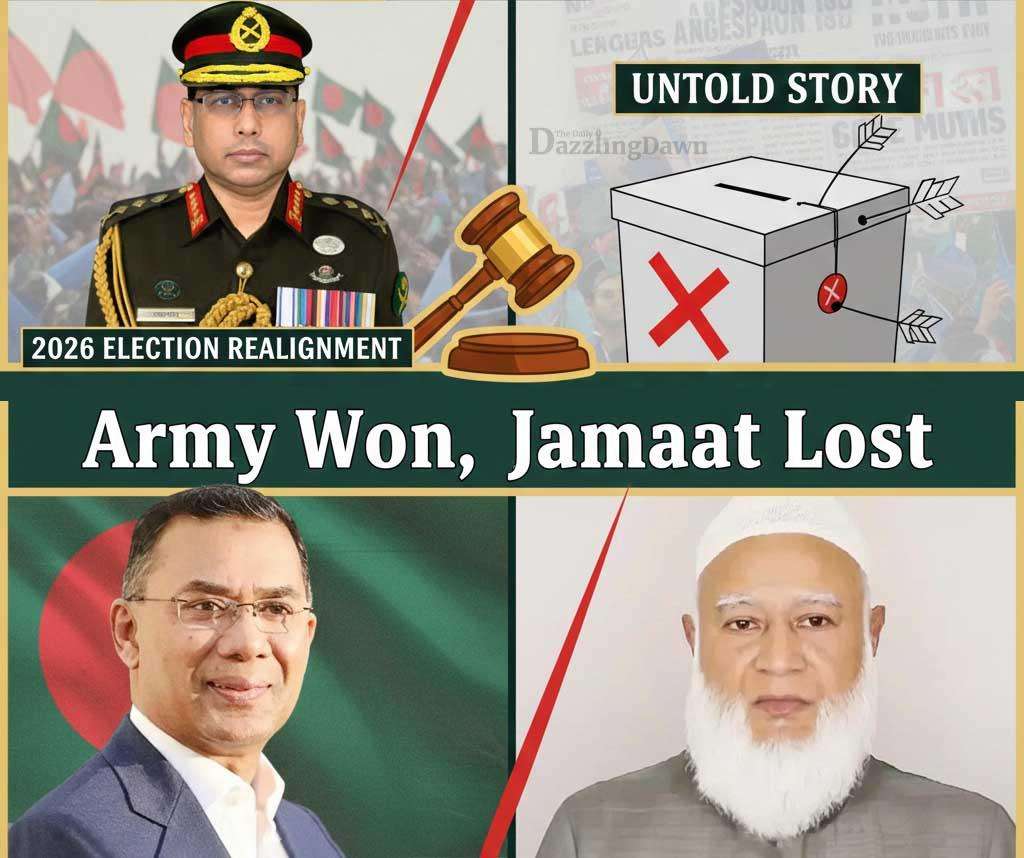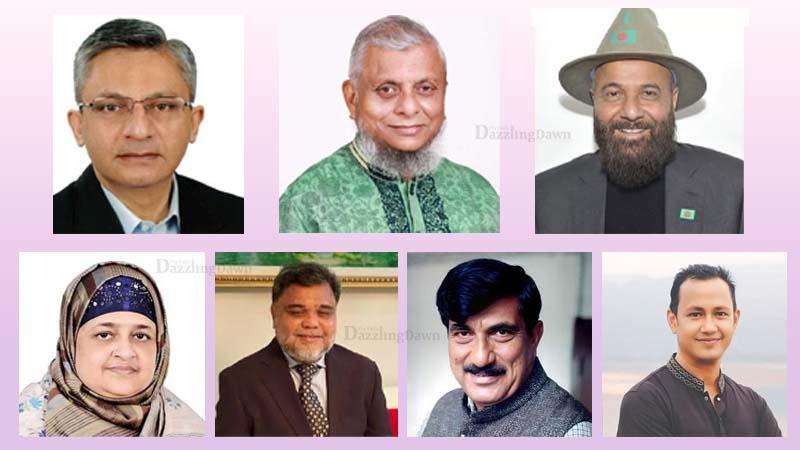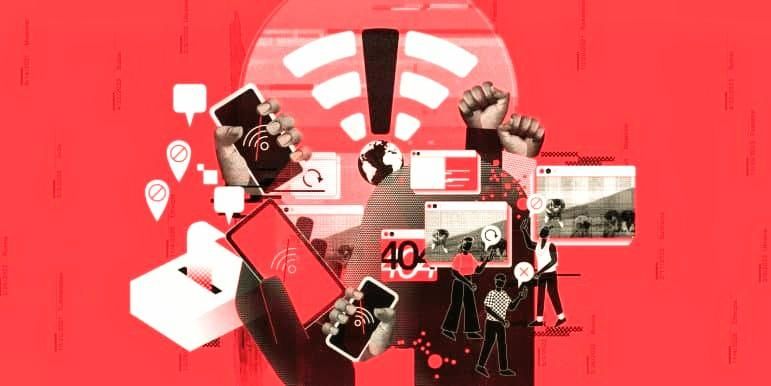A global network of over 300 civil society organisations from 105 countries worldwide working to end internet shutdowns appeals to publicly commit and ensure that the people in Bangladesh have unfettered access to the internet, social media platforms, and other communication channels to respect people’s rights enshrined in Bangladesh’s Constitution and the country’s international commitments.
Disrupting access to the internet and mobile applications—whether by throttling internet bandwidth or imposing complete or partial shutdowns—is costly and harmful to communities and businesses and violates fundamental freedoms of expression and access to information under Article 39(2) of the Constitution of Bangladesh. While shutdowns can never be justified as proportionate, we are concerned that internet shutdowns do not meet the legality criteria set out in Bangladesh’s Constitution, as the telecom regulator or other government agencies are not explicitly authorised under the Bangladesh Telecommunication Regulation Act, 2001, and other applicable laws to issue shutdown orders. Often, such measures are taken without judicial orders or clear, properly reasoned, and publicly available explanations that satisfy the constitutional grounds of the restriction, making this practice unlawful and obfuscating people’s ability to seek legal remedy. Specifically, this fundamental right extends to protests against government policies.
Internet shutdowns are a disproportionate measure and ineffective at quelling violence, and they are likely to have the opposite effect, as they reduce people’s agency to counteract misinformation. People continue to receive information over other mediums, and shutdowns disallow debunking false information by verified sources that can reach more people.
Bangladesh acceded to the International Covenant on Civil and Political Rights (ICCPR) in 2000. Under Article 19 of the international treaty, the country has an obligation to safeguard people’s rights to form and express opinions freely through any media of their choice. This fundamental freedom also enables political engagement through freedoms of assembly, association, and participation in public affairs and elections under Articles 21, 22, and 25 of the ICCPR. Moreover, the international community also widely condemns shutdowns, as indicated by United Nations Human Rights Council Resolution 47/16, which calls upon national governments to ensure “all domestic laws, policies, and practices are consistent with their international human rights obligations with regard to freedom of opinion and expression, and of association and peaceful assembly, online.”
Internet shutdowns are a disproportionate measure and ineffective at quelling violence, and they are likely to have the opposite effect, as they reduce people’s agency to counteract misinformation. People continue to receive information over other mediums, and shutdowns disallow debunking false information by verified sources that can reach more people.
The authorities’ response to the current student movement must follow a balanced, non-violent, and rights-respecting approach that enables the free flow of information. Cutting down on access to vital information and communication platforms has wider short- and long-term implications. We, therefore, appeal to the Government of Bangladesh to keep the internet and associated communication services uninterrupted during the current and future protests. Specifically, we ask that:
The government and its agencies commit to the unrestricted access and use of the internet and associated services;
In the event of disruption of access, the government and its agencies ensure full transparency and accountability, including through properly reasoned explanations in writing, in a timely manner that enables the people in Bangladesh to seek effective remedy; and
In the event of a disruption of access, the telecommunications and internet service providers and other impacted platforms must provide full transparency, prior notification, and a properly reasoned explanation to their users.
Government agencies have a duty to ensure that people can access the open, secure, and unrestricted internet when they need it the most.
Signatories among them are the Aapti Institute, Access Now,ALTSEAN Burma, Amnesty International, Bloggers Association of Kenya, Body & Data, Bolo Bhi, Computech Institute, Digital Rights Foundation
Digital rights, etc.








.svg)
